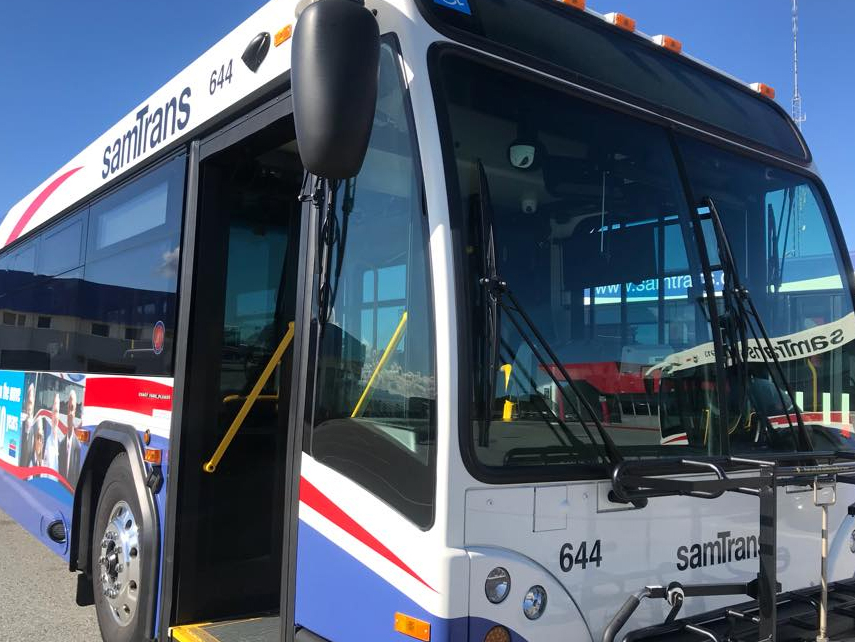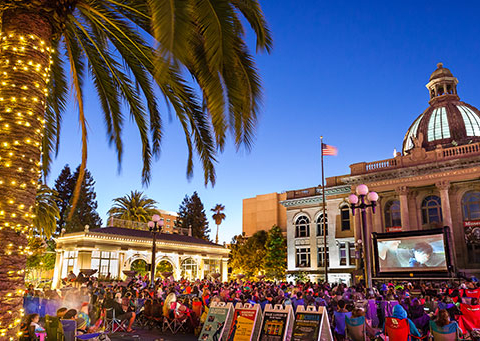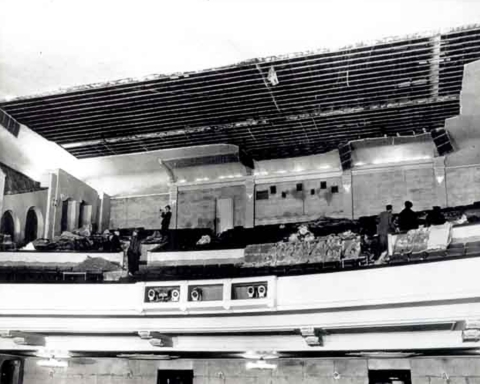Tomorrow’s ballot is loaded with critical issues and elections, but none may be more important to the future of San Mateo County than Measure W, the half-cent sales tax increase that will fund badly needed transit and transportation projects.
Full disclosure: For 15 years, ending last year, I was an executive at the San Mateo County Transit District, which manages the SamTrans bus and paratransit system, the Caltrain commuter rail system and the Transportation Authority, which spends taxpayer money on transportation projects.
I am a full-throated supporter of Measure W. I was involved in its genesis and believe profoundly in its necessity.
SamTrans is more than 40 years old and needs to change to reflect a changed county that is bedeviled by traffic and spurred by economic growth that was inconceivable a generation ago.
In 1976, voters approved a half-cent sales tax to fund SamTrans. At the time, it provided essential transportation to service workers who need the bus to get to work, to young people going to school, and to the elderly who couldn’t afford a car or who couldn’t drive. And it provides paratransit service for those whose independence and mobility depend on specialized vehicles and assistance.
SamTrans still needs to do all these things, but it also needs to be a central part of the solution to our traffic problems. Or those problems won’t get solved.
DOING MORE WITH MORE: Since passage of the 1976 tax, SamTrans has gotten by on that single revenue source. To do more – and we all need it to do more – it will need more money.
Without additional funds, SamTrans may not be able to keep doing what it has been doing. It certainly will not be able to do all the things it needs to do to become nimbler, more useful, more essential to us all.
We want to get out of our cars. We want a transit system made up of all kinds of vehicles, big and small, reflecting our collectively individualized needs. We want to get picked up in a convenient place, go where we need to go and do all that in a timely and affordable way.
That means “microtransit,” on-demand service using small vehicles. That means creative scheduling that looks beyond main, centralized routes to serve the complicated geography of the Peninsula. That means fuel-efficient vehicles that reduce greenhouse gases.
It means more – more service, more vehicles, more people doing more to meet our growing needs.
If Measure W passes, it will mean more of the kind of transit system all of us say we should have.
WHY DOESN’T TRANSIT WORK BETTER? Here’s why: They don’t have enough money. Pass Measure W and they will.
It is particularly disappointing that the two local newspapers came out against the measure. Their arguments suggest neither of them understands local transit, the complexities of transit funding, nor the desperate need for these funds.
One editorial was critical that not enough has been done with the money they already have. That’s a mistake – the money currently being spent on transportation projects doesn’t help SamTrans run its buses. Money spent on projects, like freeway improvements, are from the Transportation Authority.
It’s also wrong. A grade separation project in San Bruno was funded by the TA. So was the new Broadway overpass in Burlingame. So are improvements to all the Caltrain grade crossings in the county. And newly acquired Caltrain railcars were funded, in part, by the TA.
At the same time, another newspaper sharply criticized SamTrans for buying new electric buses when it’s asking for more money. The word used was “chutzpah.”
So, essentially, while it’s asking for money to do more, SamTrans should stop trying to do more.
Damned if you do, damned if you don’t.
The other side of that argument, one I made while working at SamTrans, is they needed to demonstrate to the public that the agency is not standing still. That it is working to try new things and ready to innovate and reinvent itself as a modern mobility agency if it receives an infusion of new revenue, which it hasn’t received for 40 years.
Let’s make this clear. SamTrans is trying to operate in a new atmosphere with a funding basis that dates from the Ford administration.
And it has been trying within the limits of a sharply constrained budget, producing new, innovative service to schools in San Carlos and to Woodside High School and a new “microtransit” experiment in Pacifica. And, yes, new electric buses.
It’s not chutzpah. It’s a promise to the public of what will come if Measure W passes.
There are a lot of other things in this proposal – more money for street and road maintenance, money for bike and pedestrian pathways, money for Caltrain’s electrification project. The spending plan is the result of an extended community outreach and consensus and to say it doesn’t include one thing or another is classic nitpicking.
We all tend to think of traffic in the spirit of the famous Mark Twain quote: “Everybody talks about the weather, but nobody does anything about it.”
Here’s a chance to do something about it.
FOOTING THE BILL: An array of the county’s business interests is lined up behind Measure W and have provided a campaign treasury in excess of $1 million. That would seem like a lot, given that there is no organized opposition, but the campaign organizers had been hoping to raise twice that much.
Measure W requires a two-thirds vote. With tax increases on a number of local ballots and the statewide measure to repeal the recent gas tax increase, Proposition 6, campaign officials are nervous that the two-thirds threshold may be too high a bar.
Nonetheless, big money has weighed in big numbers at a level that may be unprecedented in San Mateo County and reflects the reality that a place once known as solely a bedroom community now is a major economic force.
The big donors: Facebook, Genentech, the David D. Bohannon organization (owners of the Hillsdale Shopping Center and a Menlo Park business park) and the San Mateo County Economic Development Association all have come in for $100,000, and Harbor View Property, seeking to develop a major site in Redwood City, is in for $99,500.
Other big ones: Silicon Valley Community Foundation, $40,000; Herzog Contracting Group, the St. Louis-based company that currently operates Caltrain, $50,000.
The San Francisco Laborers union, Irvine-based real estate firm Nuquest Ventures, the Operating Engineers union, real-estate firm the Sobrato Organization, ambulance services company American Medical Response, Burlingame auto dealer Putnam Automotive Group, and Hanson Bridgett, the law firm that serves the transit district, all came in for $25,000 each. The International Brotherhood of Electrical Workers and Livermore -based bus manufacturer Gillig came in for $10,000 each. The Northern California Carpenters union came in for $20,000.
Contact Mark Simon at mark.simon24@yahoo.com.
*The opinions expressed in this column are the author’s own and do not necessarily reflect the views of Climate Online.






